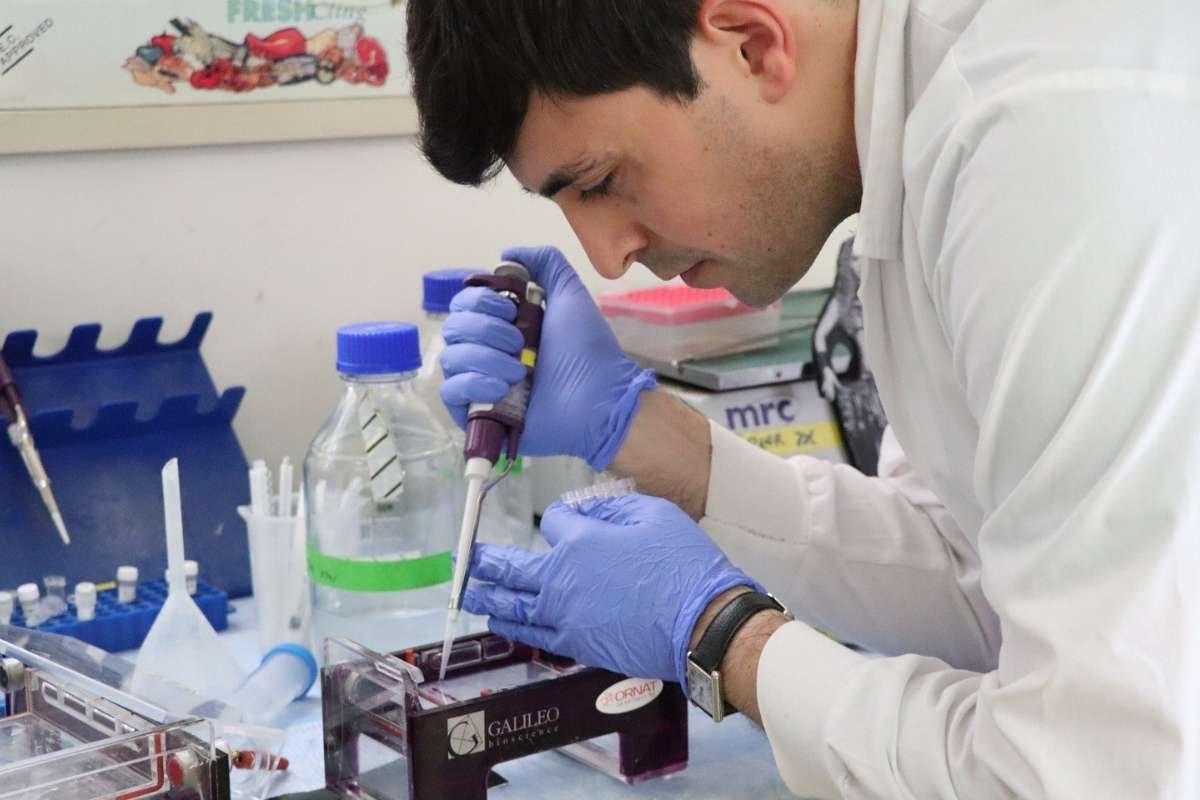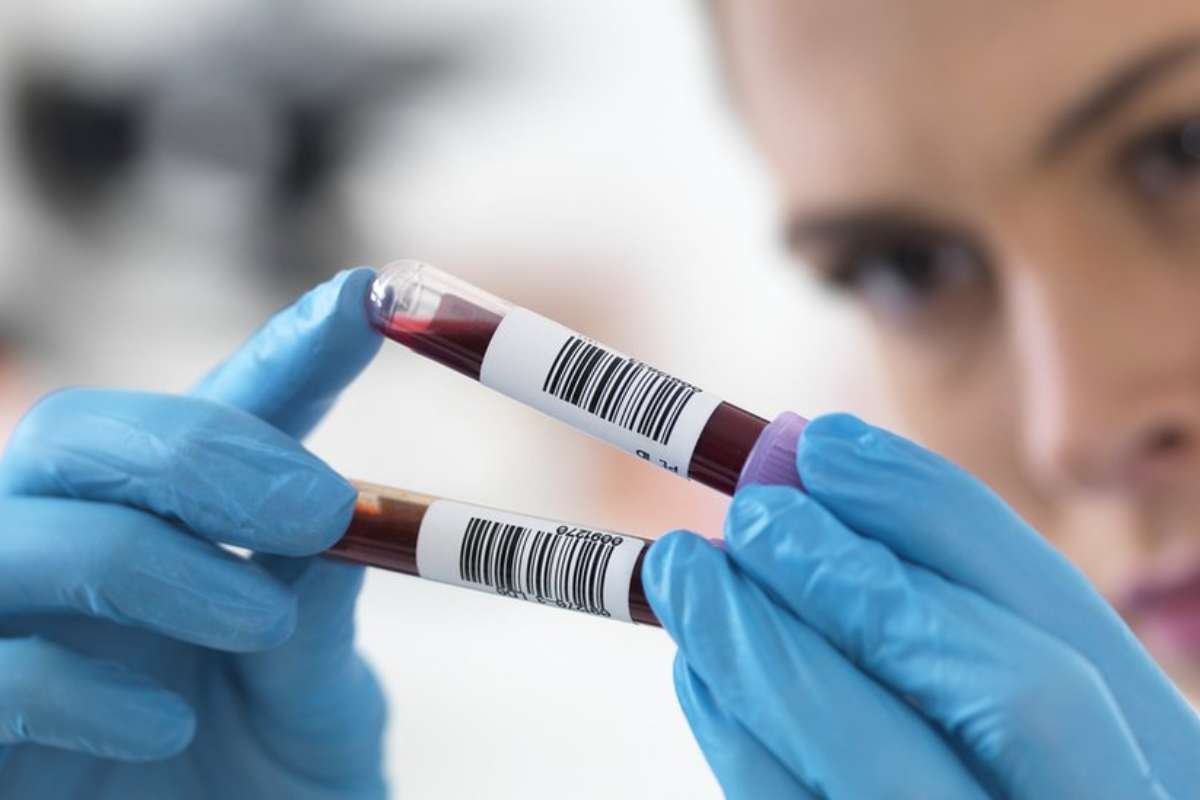According to experts, new vaccines developed to treat autoimmune and cardiac illnesses have the potential to save millions of lives worldwide. The company will be able to provide such treatments for “all sorts of disease areas,” according to Dr. Paul Burton of Medorna, in as little as five years, The Guardian said. Current study on the topic is showing encouraging results, with researchers noting that the efforts, which had previously taken at least 15 years to complete, have now only required 12 to 18 months. All of this is attributable to the COVID-19 vaccinations.
What Experts say?
“The biggest impact of the pandemic had been the shortening of development timelines for many previously unvalidated vaccine platforms,” said Dr. Richard Hackett, CEO of the Coalition for Epidemic Preparedness and Innovations (CEPI), adding that “It meant that things that might have unspooled over the next decade or even 15 years, were compressed down into a year or year and a half.”
In addition to developing a promising COVID-19 vaccine, Medorna is preparing to produce Vaccines for Cancer that will specifically target “different types of tumours.” “We will have that vaccine and it will be highly effective. It will save many hundreds of thousands, if not millions of lives,” said Burton, chief medical officer of Moderna.
Medical Miracle: A breakthrough in Vaccines for Cancer.
The Process
The proteins in the cell are made by the instructions of mRNA molecules and by injecting their synthetic form, cells can create the proteins required for immunity. A vaccine based on mRNA would alert the immune system of a patient suffering from the disease. Then the Vaccines for Cancer would attack directly to the diseases without causing any harm to healthy cells.
The process identifies the protein fragments present in cancer cells and then creates mRNA that would direct the body on how to produce protein fragments of their own to fight the disease. Initially, doctors examine the patient’s tumor and sent it to the lab to identify whether there is any genetic mutation in healthy cells which can grow cancer. After passing it through an artificial intelligence (AI) algorithm, it identifies abnormal cells and also underlines parts of these abnormal proteins which could initiate an immune response. Finally, the mRNAs are manufactured into vaccines.









